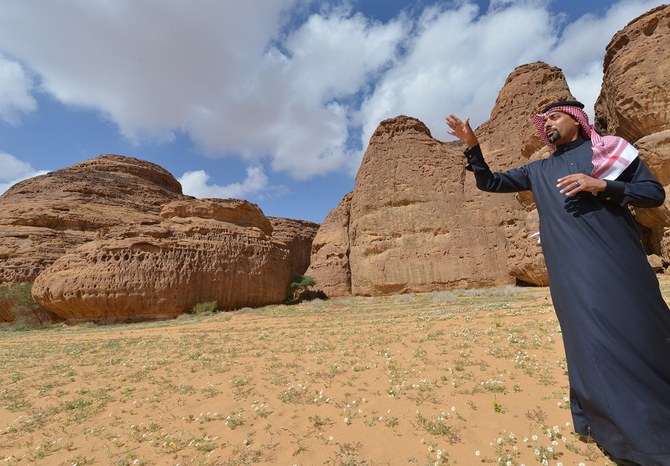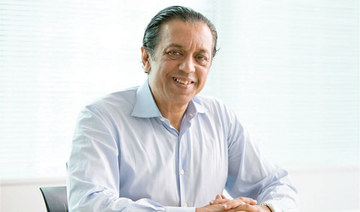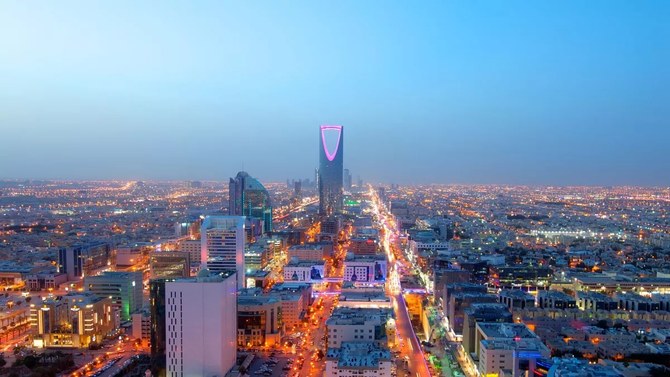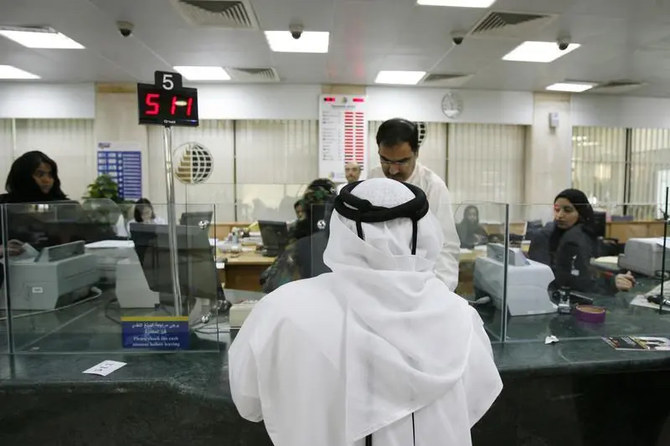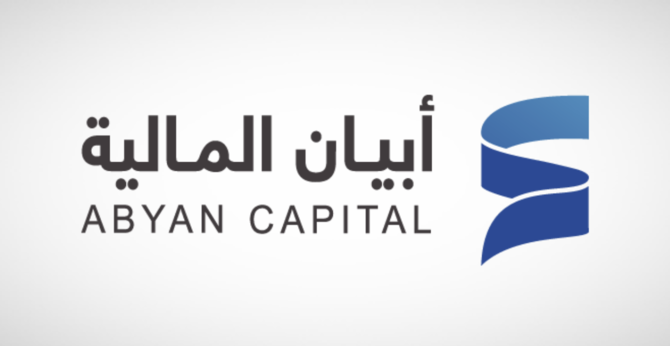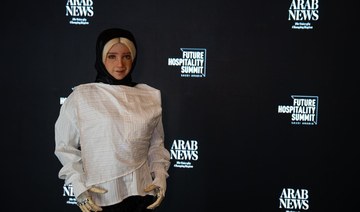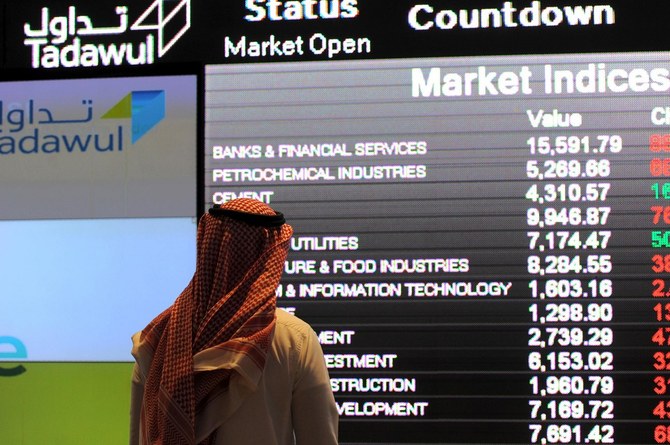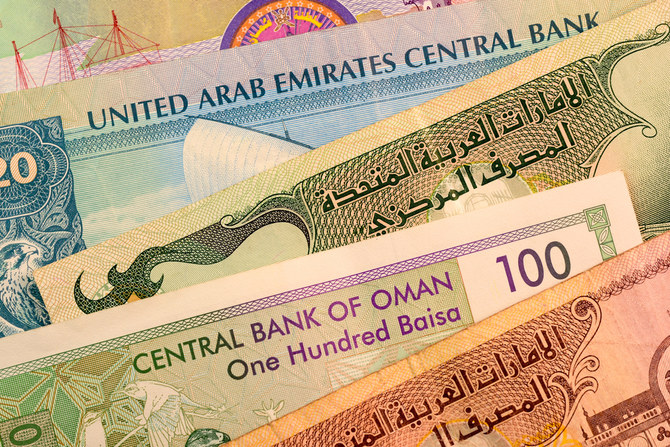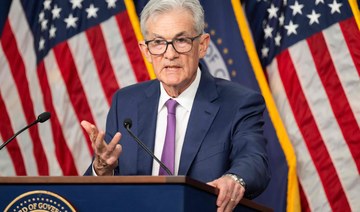DUBAI: Amr Al-Madani is in no doubt about the significance of the AlUla heritage project he is heading up for the Kingdom of Saudi Arabia. “It is our yellow oil,” he said — a reference to the sandy landscape in the northwest of the country, just over 100 km from the Red Sea coast.
In fact, the stunning photography that is produced as part of the AlUla marketing campaign shows a location only yellow in parts: All shades of red sandstone are mixed with brilliant hues of ochre, and even give way to verdant green in the lush oasis areas of the ancient site.
Those visuals are currently on show at the Institut du Monde Arabe exhibition in Paris in a flagship marketing event for AlUla — the “wonder of Arabia” — in one of the intellectual hubs of Europe.
But Al-Madani — the chief executive of the royal commission that oversees the project — is right when he highlights the riches of the “open, living museum.” It is a potential revenue earner for the Kingdom which — while not as financially fruitful as the cold hard cash from crude oil — is just as important for the Vision 2030 strategy to transform its economy.
AlUla has become the “poster child” for the initiative to attract tourists from within the Kingdom and from abroad.
Ambitious target
By 2030, the aim is for tourism, leisure and entertainment to make up 10 percent of the Kingdom’s GDP, which could make it a $100 billion industry.
It is an ambitious target, but Al-Madani sees it in the context of the other big changes going on in Saudi Arabia. “What is happening is off the curve altogether,” he said.
The project has huge potential.
The site has been inhabited for more than 4,000 years, and reached its apogee as the southern gateway to the Nabatean civilization that also produced the wonders of Petra in Jordan, one of the most visited heritage sites in the world.
BIO
Born: Edinburgh, Scotland, 1980.
Education
- Bachelor of science, electrical engineering, university of Kansas, us.
- Eisenhower fellow, Harvard Business school.
Career
- Co-founder, Talents start-up in science, technology, engineering and innovation.
- CEO, saudi General Entertainment Authority.
- CEO, royal Commission for Alula.
It flourished as a trading post for exotic merchandise like frankincense and myrrh, which were much in demand in the Mediterranean world, but also became a thriving economy with elaborate water management and agricultural techniques.
That rich heritage, and the remains of the stunning architecture the Nabateans perfected, would make AlUla a must-stop on any world-traveler’s bucket list.
But modern tourists require a level of comfort and luxury that can only be provided by financial investment and development, and it is Al-Madani’s job to execute that.
“The competition is hard. The world is innovating continually in tourism, and if we do not consistently innovate, focus on our customers and what they want, we will fall behind. This is not an easy market to capture, even if our assets are unique and of global value,” he said on the sidelines of the recent Future Investment Initiative in Riyadh.
Multibillion dollar investment
By 2035 — the timeline for the AlUla development — some $20 billion of capital will have been invested, with the aim of attracting two million visitors to the site, creating 35,000 jibs locally in a population expected to grow dramatically, from the current level of 45,000 to upwards of 100,000.
The first phase of the project is already well underway with the local airport being upgraded to meet new capacity requirements for the winter in Tantora Season of festivities that runs through to March, expected to attract 37,000 visitors.
“These events are a test of demand, pushing the brand in the targeted markets. So that by the time we’re done and finished phase one in 2023, investors can get the right customer banging on the doors to come,” said Al-Madani.
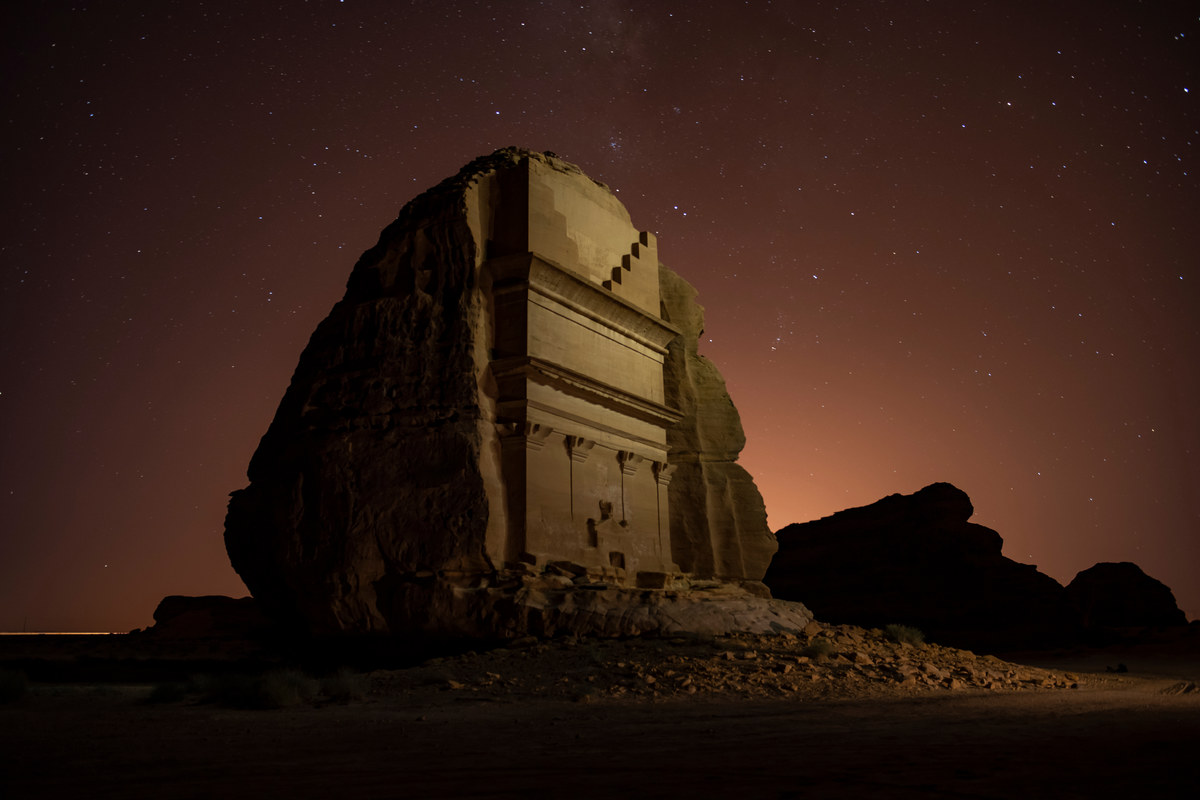
By 2035 $20 billion will have been invested into the AlUla project. (File/Shutterstock)
The first resort has already been opened in Ashar, and the commission has signed a partnership deal with Russian luxury resorts group Aman to develop three more facilities at AlUla, which will eventually provide 770 new room keys in hotels and other facilities, taking room numbers to 1,000 by 2023. Deals with major hotels chains are expected to be announced next year, he said.
Those facilities will be serviced by specially trained Saudi men and women, with 500 currently on scholarships around the world to learn about the hotels and leisure industry, but also — importantly — about agriculture, water management, archaeology and museum management.
Sustainable tourism
“We have policies and controls to encourage sustainable tourism, we are not after mass tourism. We want high-paying customers who value cultural engagement. For AlUla to be long-lasting, we cannot mess up our culture and heritage.
“The longevity of the economy there depends on taking care of heritage and nature. We cannot take for granted what is there already, and has been there a long time. These are actually economic value-creating assets. If we mess them up no tourist would want to come there,” he said.
The Royal Commission is partly a development company, and partly an agency of economic regeneration for the AlUla region.
“Our remit is different from other development companies. We are the authority responsible for the well-being, planning and execution of the development, and that involves improving the quality of the medical facilities, educational and other services there. We do it with our local partners like the ministry of education and health. We have that mandate too, to look after the public interest,” Al-Madani said.
As a government-owned entity, the Royal Commission has so far met all its funding requirements,but for the next phase it is keen to get private capital involved.
“We wanted to get out there to kickstart it and show our commitment. Now, we are structuring further deals to attract private capital partners as well,” he said, suggesting that private investment could be invited into the next phase of the airport development, as well as in the provision of medical and educational facilities at AlUla.
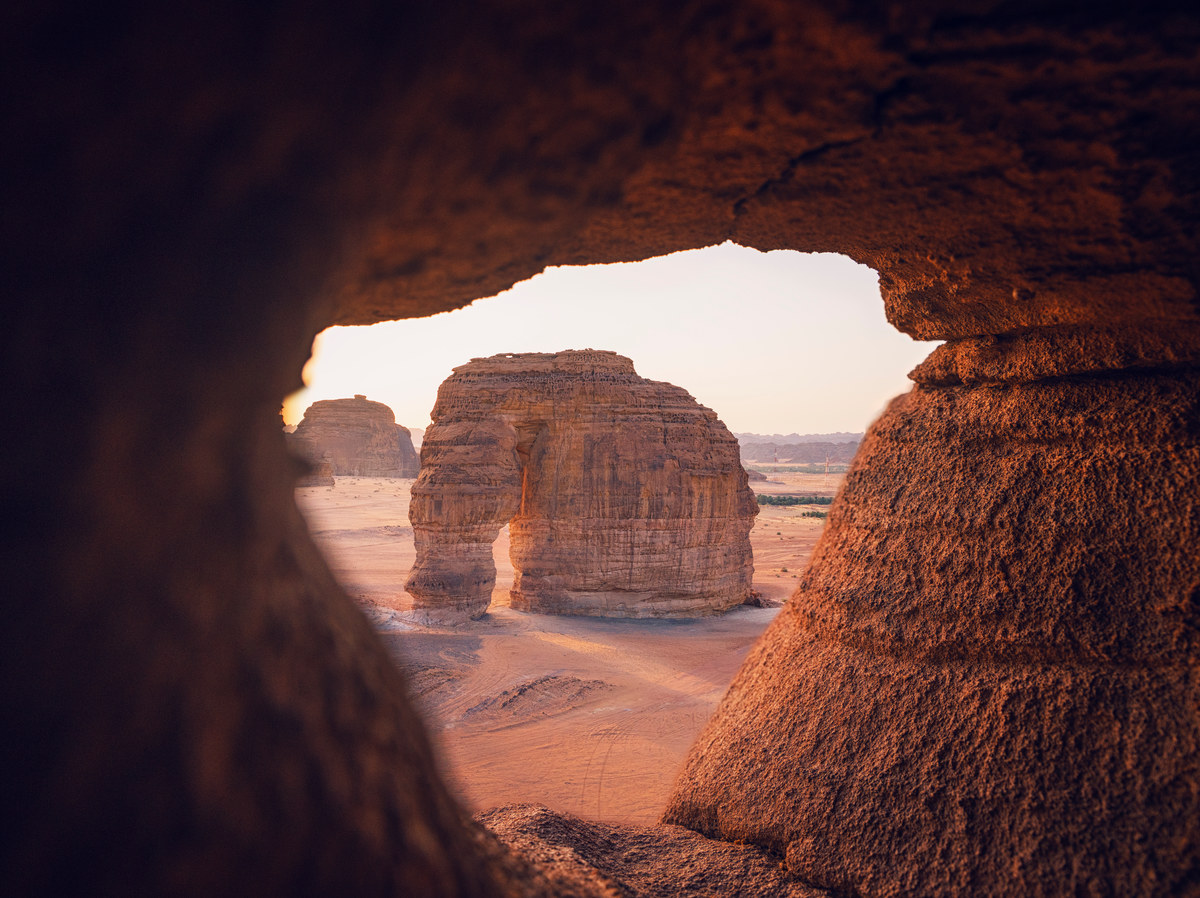
The AlUla project is expected to draw in millions of visitors. (File/Shutterstock)
“Our power utilities will be out to tender in packages and we are receiving huge interest from infrastructure investment funds which are globally deploying capital in the infrastructure market but have not deployed enough in Saudi Arabia yet,” Al-Madani said.
But further government financial involvement is also expected, perhaps through the Public Investment Fund, which he described as “one of our favorite potential investors.” Ultimately, some 80 percent of funding requirements could come from the private sector, through a mixture of bank and debt funding, as well as via equity participation from special purpose vehicles being set up by the Royal Commission.
Signing up the right investors
ustainability is written into the Royal Commission's charter, and potential private investors have to sign up to those principles if they want to do business at AlUla.
“We only work with people who understand the core principles of our charter — innovative infrastructure, sustainable use involving water recycling, waste and energy. We all have to care about the environment, we cannot take this for granted,” he explained.
He sees the potential market as comprising around 30 percent of high-spending, experience- seeking affluent tourists, and the rest from the fast-growing market for business and corporate customers looking for exclusive locations for team-building and bonding events.
One idea that will soon be implemented is for a gathering of Nobel prize winners — a Nobel laureate heritage conference — as part of the strategy to position AlUla as a place for intellectuals to ponder big issues of sustainable development.
But the main emphasis will be on packaging and selling unique experiences to tourists from all round the world. The new Saudi visa arrangements will make it easier to attract discerning visitors from China, Japan and Europe, while Al-Madani also thinks AlUla will have a fundamental appeal for North American visitors.
“For a country as diverse and expansive as the US, there are big similarities between the Grand Canyon and the canyons of AlUla. But on top of that, there is the opportunity to learn about an entirely new culture,” he said, hinting at a possible scenic rail link to the similarly ambitious Red Sea development 200 km away on the western coast.
Al-Madani realizes, however, that there is a challenge in how the AlUla project, and indeed the whole Saudi tourism market, is sold to the rest of the world.
“I think the biggest challenge is that some of the markets we target globally have not yet realized the intensity and energy of the transformation of Saudi Arabia and they are trying to project the Kingdom’s future by using data points of the past.
“It is harder to educate this market, and we think it will take more effort, given the high barrier of media bias. But it is a journey. AlUla is all about heritage and culture, and retelling a big story, and I think eventually it will get to peoples’ hearts. We just have to be consistent in our communication,” he said.



